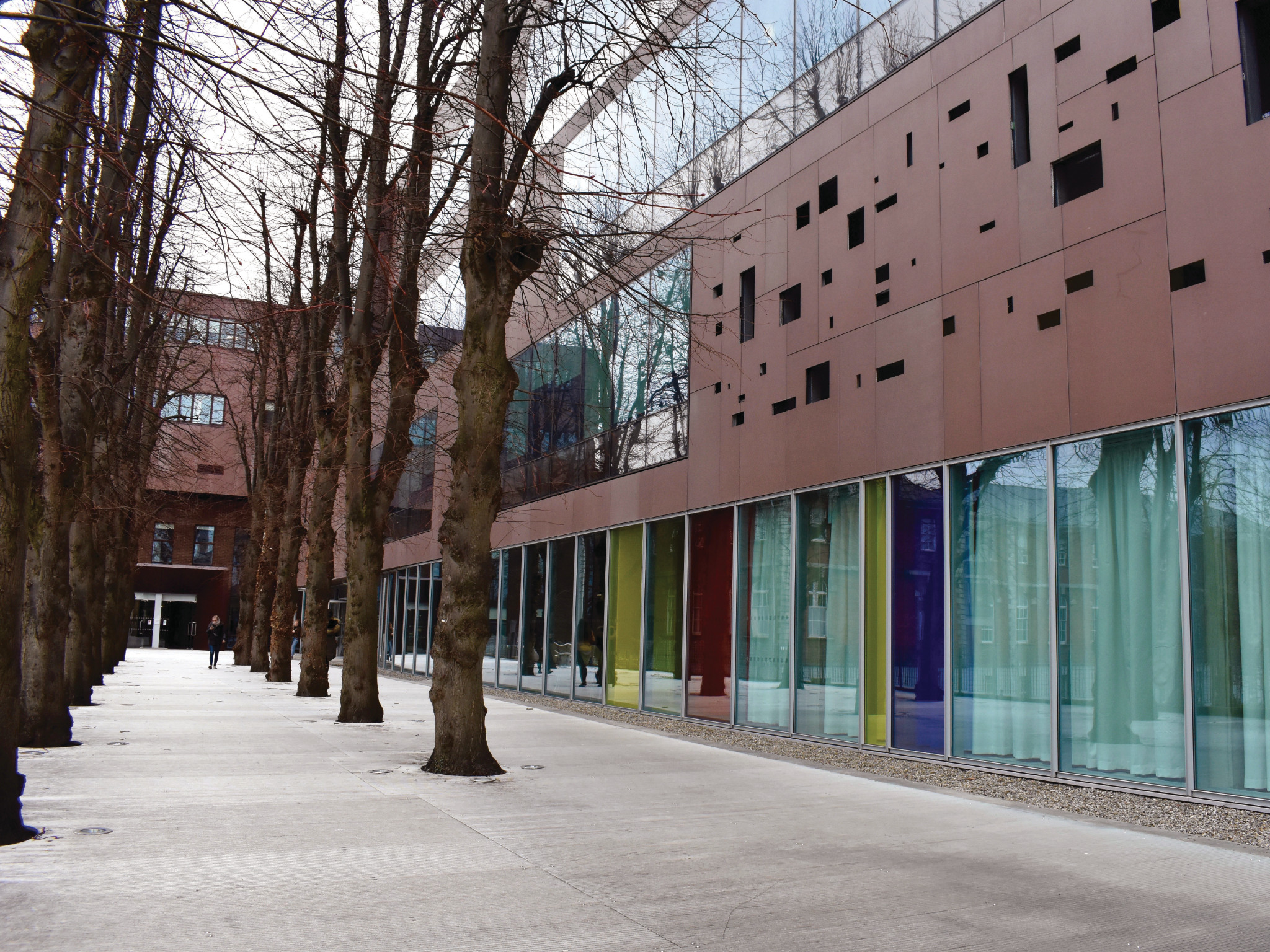
For
The words ‘Internship’ and ‘Unpaid’ seem to go hand in hand more often than not these days and while not getting paid might be a disadvantage, there are plenty of benefits to outweigh that.
The experience you gain from doing an internship is undeniable. You are given the opportunity to work in what is possibly your dream job, maybe even more so because it is unpaid. That way the company has nothing to lose and you have everything to gain.
It is a known fact that internships are a great addition to any CV or LinkedIn profile. Regardless of pay having an impressive internship can put you ahead of your competitors, as it shows determination, dedication and a good work ethic.
In a world where being a freelancer or entrepreneur is increasingly common, connections gained from unpaid work experience can make all the difference. Networking within your internship, getting to know interesting and important people on a personal level and connecting with those people on social media can be a huge benefit in your career long after you leave your placement.
Claire Prenty, a final year Journalism student in DCU recently began an unpaid internship at IrelandAM. She feels unpaid internships can be hugely beneficial. “My internship has given me so much invaluable experience. I have made amazing connections and am getting to work with truly talented people, who all started out in the same boat I’m in and had to work their way to the top.”
Prenty also explains that as an undergraduate it is important to realise that unpaid internships are a good starting point. “I know that all the professionals I work with were students at some point too. They are proof that hard work does pay off, and that internships can get you to where you want. I am so passionate about my future career that I am willing to start at the bottom and work my way up.”
Working for free has its many benefits, however, it can be a struggle financially which is why I believe that those taking part in work placements should only work for, perhaps, three months for free and should then be considered for a permanent placement. If not, it is important to move on and seek other opportunities while carrying the experience and connections gained along with you.
Megan Roantree
Against
We are a realistic generation, we’ve lived through the boom, we’ve survived the brunt of the recession, we’re not asking for much – simply a living wage in return for a job completed.
Going to university is a huge investment and takes at least three or four years, but we diligently attend our lectures and submit our assignments so at the end of the day we have a degree. This is supposed to increase our chances of becoming employed.
Unpaid internships are like a slap in the face to graduates.
Employers might tell you they like your CV, but the phrase “you’re lacking experience” tends to be used a lot when unpaid positions are being offered.
It is virtually impossible to live without being paid, whilst working 9-5 in a real world, working environment. The cost of living in Ireland is huge, from daily travel expenses to rent, food and clothing. You have no other way to earn money when you’re part of an internship programme meaning you’re forced to take a step backward and become re-dependent on your family, that is, if they are still able to support you.
Internships are supposed to mimic real life situations; real work in exchange for real money.
And there are huge advantages to paying interns, they will respect the company they work for and will be more likely to work harder because they feel they are valuable to the business, they are just as important as everyone else. It eliminates the question in a person’s mind, “Are they just taking advantage of me? Will anything actually come of this?”
Katie Mannion, a third year Business student spoke to The College View on the advantages of being paid for her internship.
“As someone taking part in the DCU Intra programme I am very lucky to have the opportunity in a paid internship. Being paid for the work I do gives me a sense of achievement and feeling of self-actualisation. Being paid for hard work is the most rewarding and independent feeling I have ever experienced. It also enables me to support myself and pay for my college fees and accommodation.”
To not pay our students and our graduates is to undervalue them. There has never been a higher quality of university graduates, skilled in many more areas than just their field of study, we need to appreciate them wholly and find the balance between remuneration and learning new skills and gaining experience.
Alison Ring




Leave a Reply